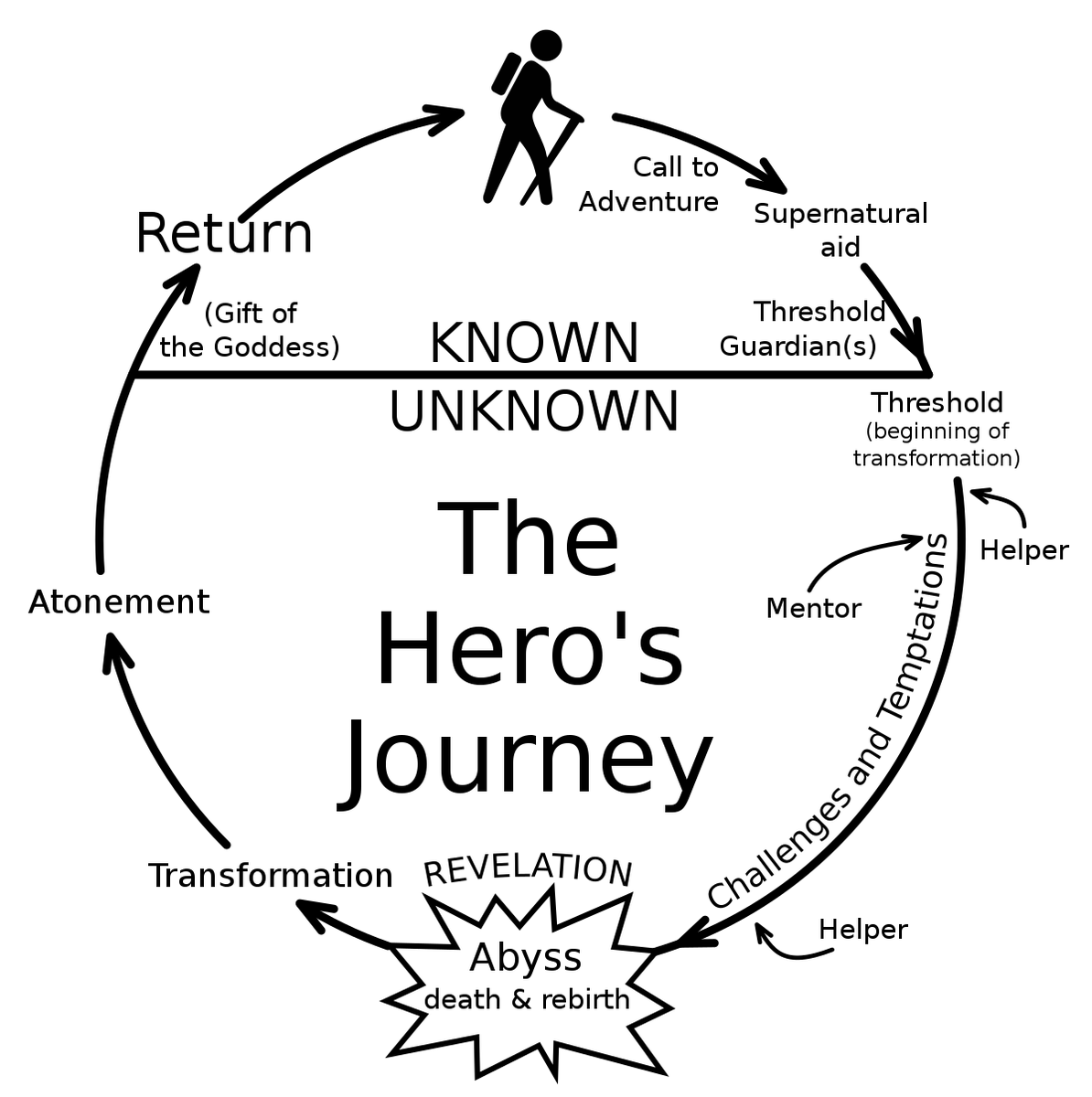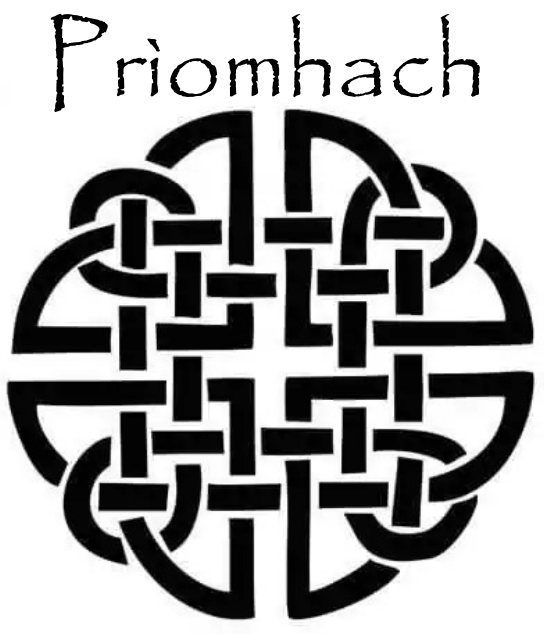#EverythingYouKnowAboutConanIsProbablyWrong
Part 2: Why didn't Howard write Conan's origin tale?
TLDR: He didn't want to.
Long version: The reason you’ve never seen Howard’s version of Conan on-screen is the same reason you never will; the vast majority of screenplays...
1/x
Part 2: Why didn't Howard write Conan's origin tale?
TLDR: He didn't want to.
Long version: The reason you’ve never seen Howard’s version of Conan on-screen is the same reason you never will; the vast majority of screenplays...
1/x
https://twitter.com/DamndestBastard/status/1551766028434038785
...since the late 80s have emphasized “The Hero’s Journey”.
And Conan doesn’t have one.
Howard wrote the Conan stories in the 1930s, before “the Hero’s Journey” writing method existed. Joseph Campbell did not begin championing the monomyth until 1944. Lord of the Rings...
2/x
And Conan doesn’t have one.
Howard wrote the Conan stories in the 1930s, before “the Hero’s Journey” writing method existed. Joseph Campbell did not begin championing the monomyth until 1944. Lord of the Rings...
2/x

...wasn't published until the 50s. And Campbell did not perfect his cycle until 1987.
It would take a complete visionary with balls of steel to throw the past 40 years of popular screenwriting into the bin and film Conan’s origin the way Howard wrote it; and then...
3/x
It would take a complete visionary with balls of steel to throw the past 40 years of popular screenwriting into the bin and film Conan’s origin the way Howard wrote it; and then...
3/x
...they would have to endure the wailing and moaning of every know-it-all, failed asshole writer on earth (and a few successful assholes as well) for decades.
Howard wasn't writing a "hero's journey" saga.
Cramming Conan into one is why films always fail to get him right.
4/x

Howard wasn't writing a "hero's journey" saga.
Cramming Conan into one is why films always fail to get him right.
4/x


Certainly, he was writing what he thought would sell. And yes, he was writing what he could, based on his ability at the time he wrote it.
But those motivations alone do not provide the WHY.
Howard loved history and legends. He devoured Bulfinch’s Mythology...
5/x
But those motivations alone do not provide the WHY.
Howard loved history and legends. He devoured Bulfinch’s Mythology...
5/x

...and read as widely as could a fairly-poor young man in 1920s Texas on the subjects of ancient history, folklore, myth, and fable.
He knew the legends of the Greeks, the Britons, medieval Europe, and the Celts.
And he explicitly rejected the classic "chosen one" trope.
6/x
He knew the legends of the Greeks, the Britons, medieval Europe, and the Celts.
And he explicitly rejected the classic "chosen one" trope.
6/x

Howard could have written them in age-order, but he didn't. "The average adventurer, telling tales of a wild life at random, seldom follows any ordered plan, but narrates episodes widely separated by space and years, as they occur to him." – Robert E. Howard.
7/x
7/x

Howard scholar Patrice Louinet argues, convincingly, that de Camp’s reordering, rewriting and pastiche gap-filling "…all worked toward presenting the whole series not as the life of “the average adventurer,” as Howard would have it, but as a cohesive saga...
8/x
8/x

...with a beginning, a middle, and an end, a kind of Tolkienesque quest in which each story represented yet another step up a ladder from penniless thief...to mighty monarch of a civilized empire.
Conan’s haphazard and carefree life was artificially transformed...
9/x
Conan’s haphazard and carefree life was artificially transformed...
9/x

...into a “career.” What made the series so wonderful–that intense sentiment of freedom resulting from the complete independence of each story from its predecessor and successor–was undone, and Conan’s adventurous life became a “manifest destiny,” so to speak.
10/x
10/x

...It then became easy enough to see in Conan nothing more than a superman who would rise from poverty to kingship through his physical might (as exemplified in the Hollywood version of the Cimmerian).”
This is where film-Conan originated and was executed (pun intended).
11/x
This is where film-Conan originated and was executed (pun intended).
11/x

The “king by his own hand” malarky is not how REH Howard wrote Conan.
He has no noble birthright. He has no special sword until AFTER he becomes king. He has no mentor, like Merlin, guiding him. He has no god or devout faith paving his way. Howard never once gave Conan...
12/x
He has no noble birthright. He has no special sword until AFTER he becomes king. He has no mentor, like Merlin, guiding him. He has no god or devout faith paving his way. Howard never once gave Conan...
12/x

...a manifest destiny; so, of course, de Camp made one up for him in Conan of the Isles.
In writing Conan, Howard stated: “Some mechanism in my sub-consciousness took the dominant characteristics of various prize-fighters, gunmen, bootleggers, oil field bullies, ...
13/x
In writing Conan, Howard stated: “Some mechanism in my sub-consciousness took the dominant characteristics of various prize-fighters, gunmen, bootleggers, oil field bullies, ...
13/x

...gamblers, and honest workmen I had come in contact with, and combining them all, produced the amalgamation I call Conan the Cimmerian.”
None of those men is on a heroic quest to fulfil some grand destiny. They are not Odysseus or Heracles or Arthur or Cuchlain; they...
14/x



None of those men is on a heroic quest to fulfil some grand destiny. They are not Odysseus or Heracles or Arthur or Cuchlain; they...
14/x




...are everyday scoundrels and common men.
Conan’s story is exactly that; a simple man in a strange land where his natural gifts of strength, wit, honour, and an unwillingness to put up with bullshit all define him in comparison to a #Civilization where greed and...
15/x
Conan’s story is exactly that; a simple man in a strange land where his natural gifts of strength, wit, honour, and an unwillingness to put up with bullshit all define him in comparison to a #Civilization where greed and...
15/x

...power have corrupted most men and embracing evil is no longer frowned upon.
This is the story Howard wanted to tell. If he’d wanted Conan to have a hero’s saga, he would have given him one.
Indeed, Howard starts Conan out with many of the tropes of a hero’s saga.
16/x
This is the story Howard wanted to tell. If he’d wanted Conan to have a hero’s saga, he would have given him one.
Indeed, Howard starts Conan out with many of the tropes of a hero’s saga.
16/x

Conan has an auspicious and rare birth. He develops both great physical ability and impressive combat and woodscraft skills at a (relatively) early age; his elders mention his name “around the councilfires” at only 14. Howard has Conan learn languages very quickly, ...
17/x
17/x

...assess and react to situations quickly, and solve problems quickly. All these qualities suggest he is of average or greater intelligence. Conan survives Venarium at 15 and is a formidable adversary. He is independent and confident enough to make a life-changing...
18/x
18/x

...decision and leave home at only 15. He also kills at least 2 “chiefs” at some point before he is 18.
That SOUNDS a lot like the start of a hero's journey. Howard would know, explicitly, what such impressive provenance traditionally said about a character.
19/x
That SOUNDS a lot like the start of a hero's journey. Howard would know, explicitly, what such impressive provenance traditionally said about a character.
19/x

...There were very likely great expectations for Conan among his tribe, his clan, and probably within his family, by those who knew him best.
So, if Conan desired to be a great leader, or even a king, all he would have had to do is continue down the path Howard set him on.
20/x
So, if Conan desired to be a great leader, or even a king, all he would have had to do is continue down the path Howard set him on.
20/x

Instead, Conan forsakes the hopes and dreams of his family and his people, going off to fight in a foreign land alongside the Aesir against the Vanir and the Hyperboreans in the pursuit of no grand objective or any exalted destiny.
Over the next 20 years of adventures...
21/x
Over the next 20 years of adventures...
21/x

...Conan never once mentions anything about possibly becoming a king; not even when he could very easily have tried at the end of Black Colossus.
Not until he is 35 does Conan comment, “I’ve been a mercenary captain, a corsair, a kozak, a penniless vagabond, a general–...
22/x
Not until he is 35 does Conan comment, “I’ve been a mercenary captain, a corsair, a kozak, a penniless vagabond, a general–...
22/x

...hell, I’ve been everything except a king, and I may be that, before I die.”
Even here, he doesn’t sound like a man who had a life’s ambition to be a king; more like someone convincing himself that it’s an option he’s willing to consider at this point. Or not.
23/x
Even here, he doesn’t sound like a man who had a life’s ambition to be a king; more like someone convincing himself that it’s an option he’s willing to consider at this point. Or not.
23/x

The only other time Conan ever mentions being a king is 2 or 3 years later, in the last Conan story Howard ever wrote. “I’ve never been king of an Hyborian kingdom…But I’ve dreamed of being even that. I may be too, some day. Why shouldn’t I?”
2 or 3 years later...
24/x
2 or 3 years later...
24/x

...Conan seizes the crown of Aquilonia.
A few months later he's complaining to an advisor that he didn’t consider what being king would entail and claims he has little desire to continue as one.
That doesn’t sound much like a traditional "hero’s journey" to me.
25/x
A few months later he's complaining to an advisor that he didn’t consider what being king would entail and claims he has little desire to continue as one.
That doesn’t sound much like a traditional "hero’s journey" to me.
25/x

It sounds more like the tale of a wild and rebellious teenager; a fiercely independent loner who gradually matures into a supremely competent man willing to shoulder increasing levels of responsibility, even if he does not always enjoy it at first.
26/x
26/x

It is a common man’s journey of perseverance and heroism done not for renown but for himself and those he cares for, constantly at odds with the corruption of the civilization he strides through, told from his own uncommon perspective, with Howard’s unique voice.
27/x
27/x

It is unmatched in modern fiction.
And it made Robert E. Howard one of the greatest fantasy authors of all time in the telling.
28/x
And it made Robert E. Howard one of the greatest fantasy authors of all time in the telling.
28/x

• • •
Missing some Tweet in this thread? You can try to
force a refresh












